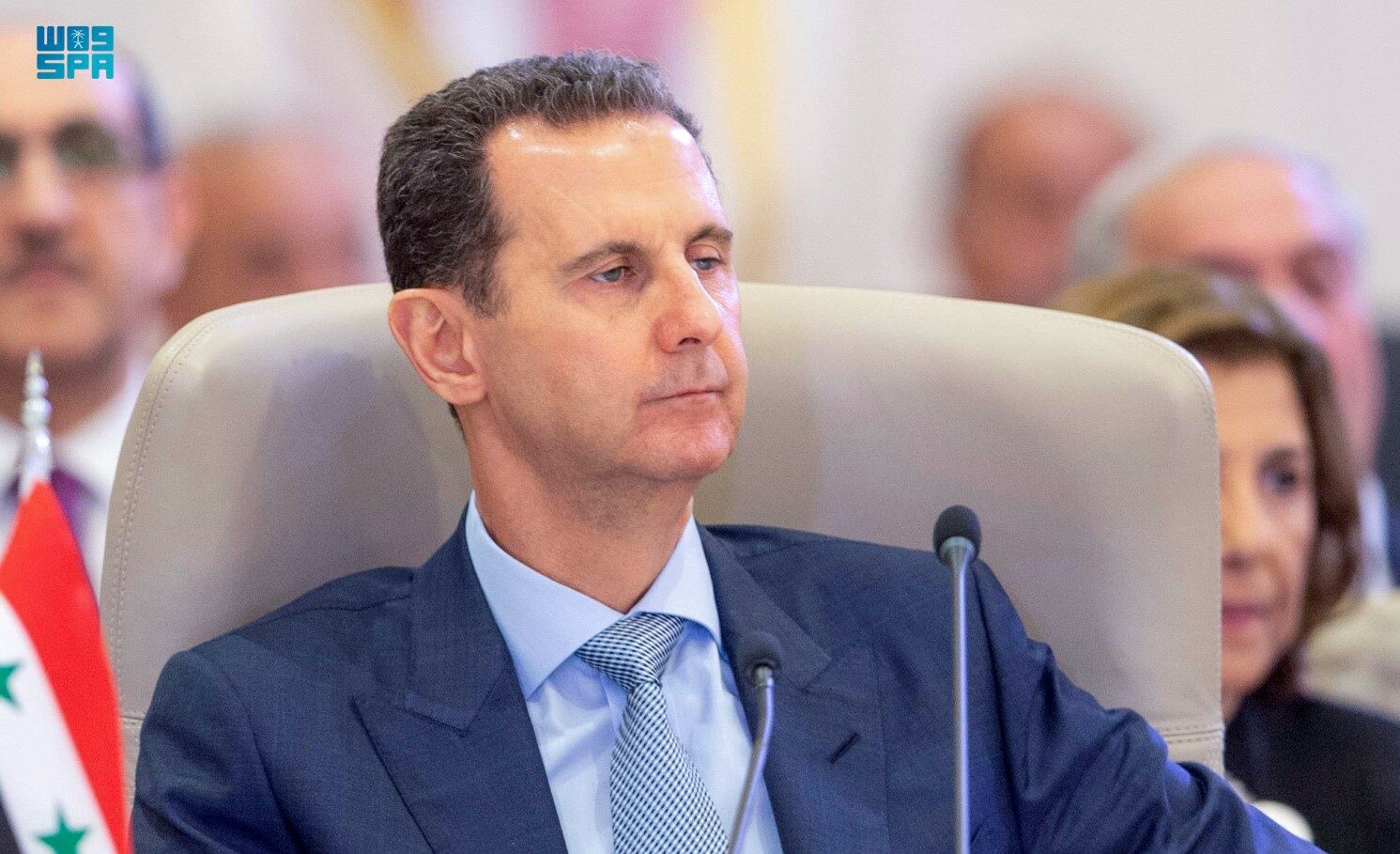Damascus, Syria – Syria’s reentry into the Arab League in May was anticipated to herald positive changes for the country’s fortunes. Diplomatic relations warmed, with a normalization agreement signed with Saudi Arabia and a tense, Russia-brokered meeting between Turkish and Syrian foreign ministers. However, despite these diplomatic strides, Syria’s economic struggles continue to intensify, Middle East Institute (MEI) points out in its latest analysis.
The Syrian pound’s value has plummeted by over 80% against the dollar since May, currently resting at an all-time low of 15,500 to the dollar. Despite hopes that reconciled countries like the UAE and Saudi Arabia might provide financial aid to stabilize the economy, this anticipated support has not materialized. Analysts speculate that factors such as the novelty of Syria’s reintegration and the effects of US Caesar Act sanctions may be hindering this assistance.
“A number of factors have contributed to the dire economic situation: the war and the related destruction of industry, the economic meltdown in neighboring Lebanon (which triggered Syria’s biggest currency collapse in 2019), widespread corruption and mismanagement, the impact of Western sanctions, the fallout from the February 2023 earthquake, the fact that oil-rich areas in the northwest remain outside of government control, and consistent economic underperformance, exacerbated by the ongoing exodus of skilled workers,” the analyst Danny Makki wrote.
Without external economic support, particularly from Gulf nations, Syria’s economic situation is forecasted to worsen. The impact is felt acutely by the public, as prices for essentials like medicines have surged due to a lack of hard currency and raw materials. The general population is grappling with soaring prices and stagnant wages. While state salaries have been marginally increased, they remain inadequate in the face of soaring inflation, the analysis mentions.
The deteriorating economic conditions are underscored by various factors, including the enduring impacts of war, economic upheaval in neighboring Lebanon, widespread corruption, Western sanctions, and the devastation from a recent earthquake. The combination of these challenges has further damaged the economy and led to a dire need for economic stimulus.
The absence of financial support from Syria’s key allies, Iran and Russia, compounds the crisis. Both nations are facing their own financial burdens and conflicts, leaving Syria without its expected sources of economic aid. In response, the Central Bank of Syria has increased daily withdrawal limits, aiming to maintain liquidity amid the plunging pound.
The blame game continues within the country, with debates over whether government policies or private sector maneuvers are driving the escalating cost of goods. The economic turmoil has prompted Syrian Prime Minister Hussein Arnous to address the gap between limited resources and the population’s needs, while also acknowledging the dilemma of balancing exchange rate management and economic activity.
Although countries like the UAE have shown humanitarian concerns for Syria, their focus has primarily been on addressing immediate challenges, such as supporting earthquake-affected regions. Economic support remains a topic of discussion for later stages in their renewed relations. Despite the slow approach, both sides will need to demonstrate patience and commitment to foster trust and collaboration.
In the absence of significant financial aid, Syria’s economic outlook remains grim. The instability of the Syrian pound and the lack of investor confidence have raised concerns about the country’s economic viability. For now, Syrians continue to grapple with rising prices and dwindling purchasing power, while the nation’s path to economic recovery remains uncertain.
“Syria needs more assistance and to quickly find a way to stabilize the Syrian pound, but in return, countries with the ability to help economically will require political concessions and a long-term commitment to addressing issues like narcotics trafficking,” Makki writes.
“In the meantime, unless Syria’s ailing currency finds a solid footing, investor confidence will remain low and Damascus will have to constantly plow dollars into its markets through various means to maintain faith in the pound.”







